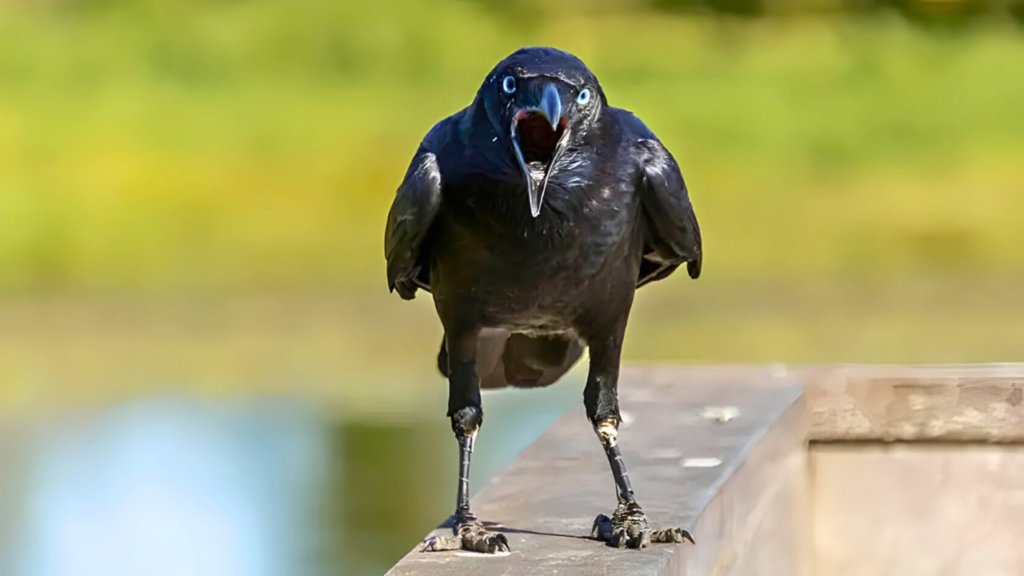
Crows are fascinating animals that are well-known for their intelligence and social behavior. Many people in America think that having a crow as a pet would be amazing, however, it’s more complicated than most consider. Before pursuing this idea, it’s important to understand the legal and ethical implications involved.
Legal Status of Crows
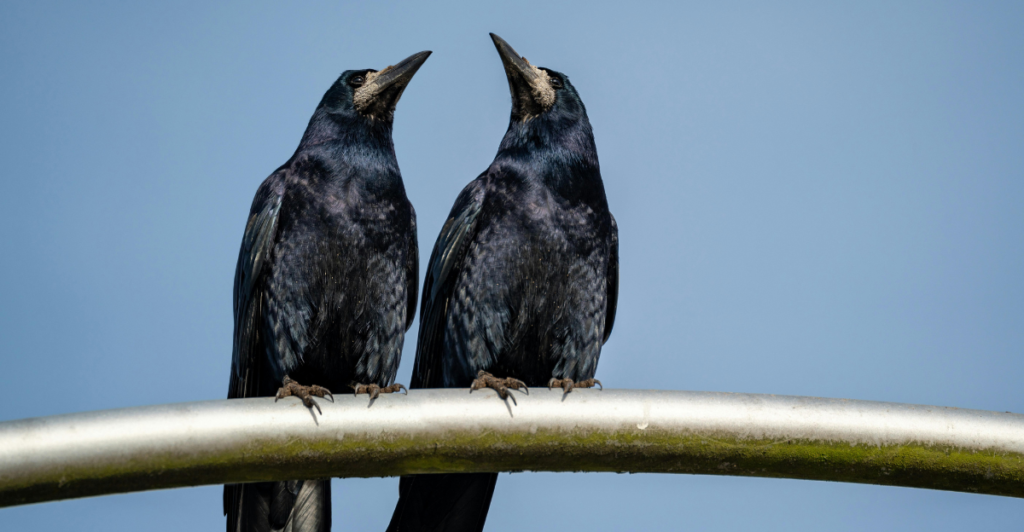
Crows are protected under the Migratory Bird Treaty Act of 1918 in the United States. This law makes it illegal to take, possess, or trade any native crow without a special permit.
Consequences of Illegal Ownership
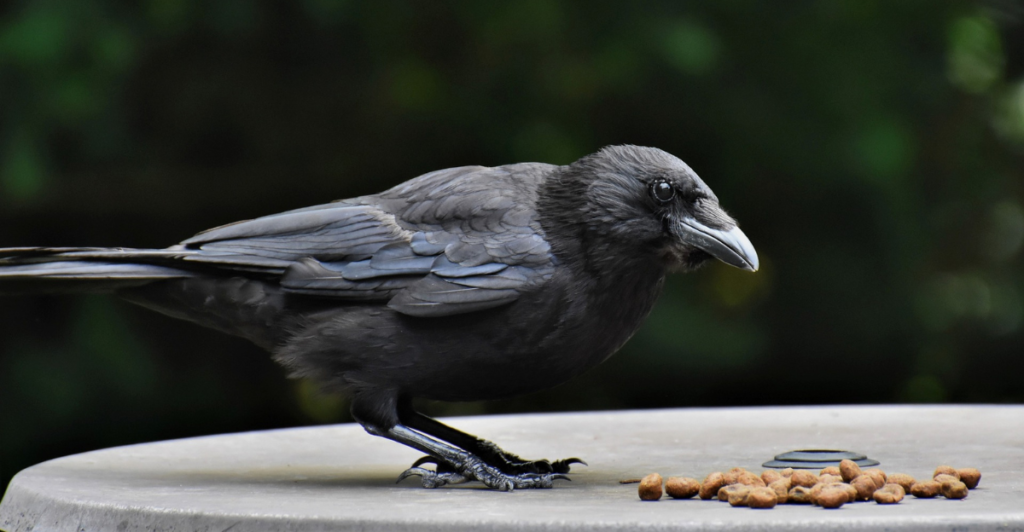
Keeping a crow as a pet can lead to severe legal consequences. If caught, individuals may face felony charges, fines, and penalties. The law is strict for a reason: it protects wildlife.
Crows as Wild Animals
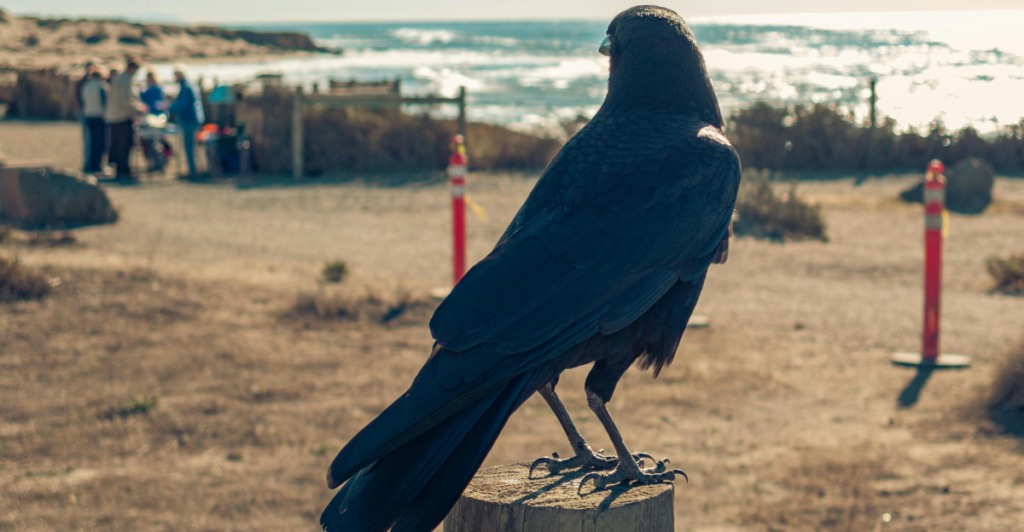
Crows are wild animals, not domesticated pets. They thrive in their natural habitats, and removing them from the wild is not only illegal but can also be cruel. Even rescued crows shouldn’t be kept in homes; once they recover, they should be given to the proper wildlife authorities.
Social Needs of Crows

Crows are highly social creatures that live in family groups. Keeping one in isolation can lead to loneliness and mental distress. They need companionship from other crows to thrive.
Care Requirements
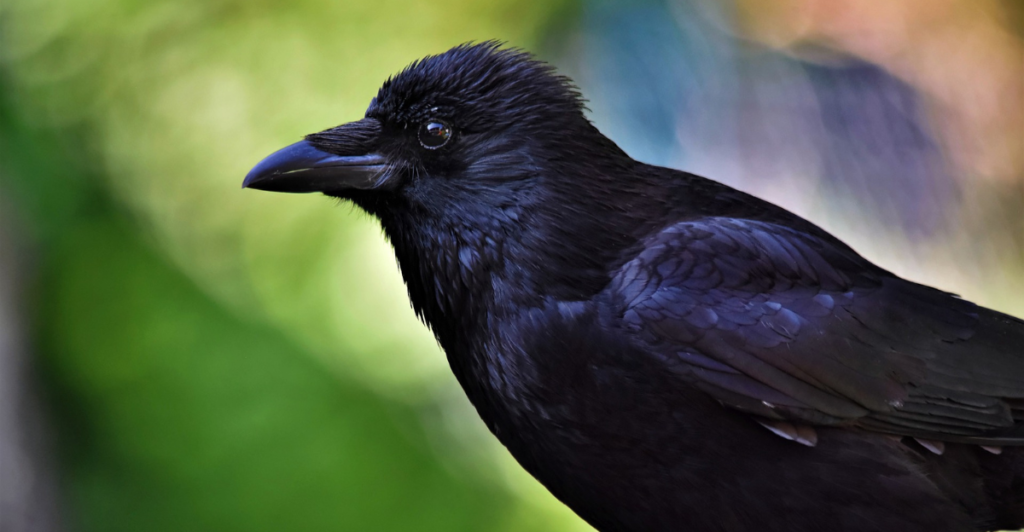
Caring for a crow is a full-time commitment. They require constant attention, mental stimulation, and a diet to stay healthy. This can be overwhelming for many potential owners.
Feeding Challenges
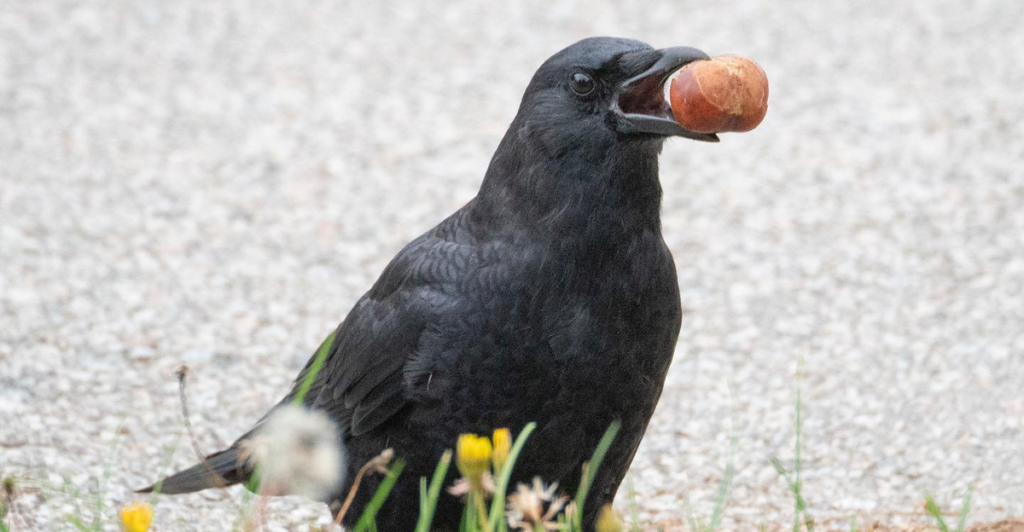
Crows are omnivorous scavengers and need a diverse diet that includes fruits, vegetables, and protein sources. Meeting these dietary needs can be challenging and expensive.
Long Lifespan
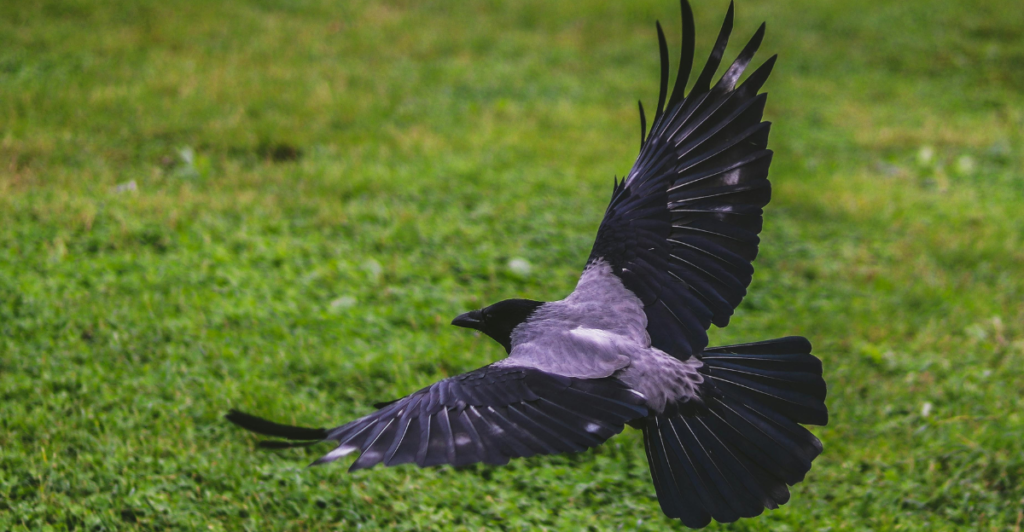
Many birds naturally live long lives, and crows are no exception. Crows can live up to 20 years in captivity. This long lifespan means a long-term commitment for anyone considering keeping one as a pet.
Alternatives to Ownership
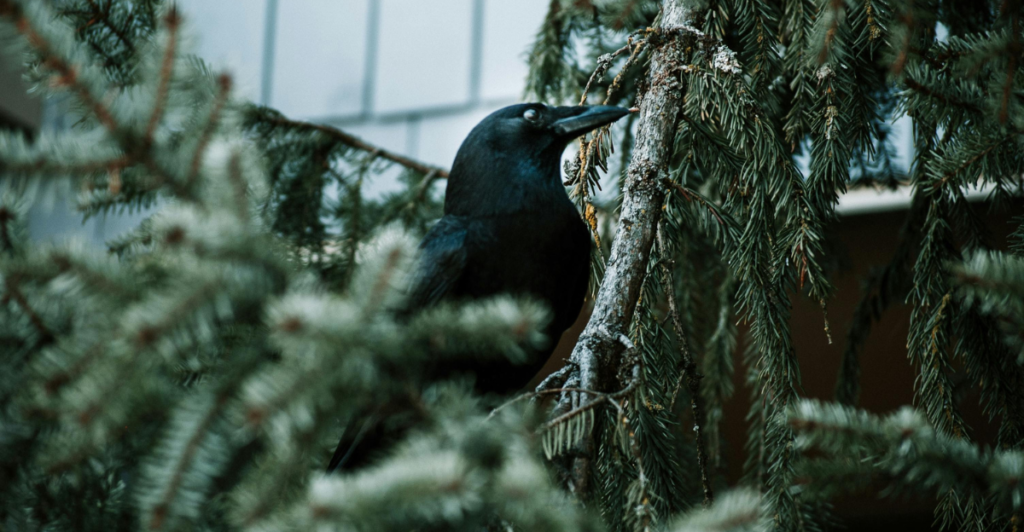
Instead of keeping a crow as a pet, consider volunteering at wildlife rehabilitation centers. This allows you to help crows while respecting their natural behaviors and habitats.
Exotic Crows
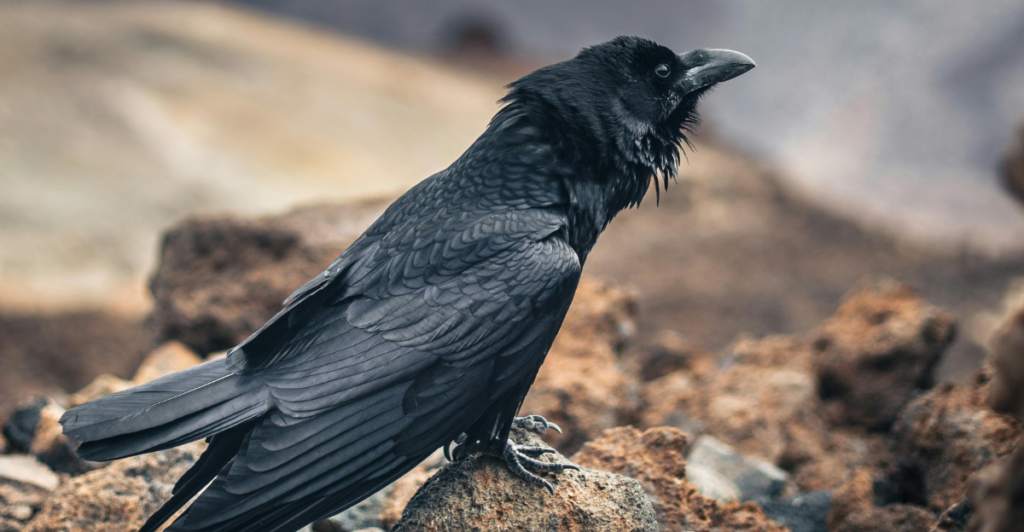
While native crows cannot be kept legally as pets, some non-native species may be available through legal channels. However, they still require specialized care and environments.
Cost Considerations
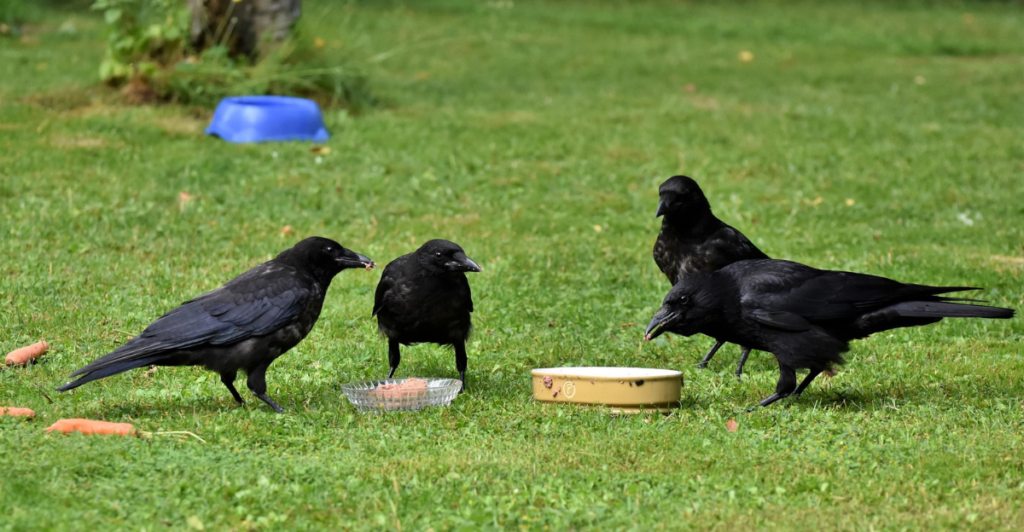
Acquiring an exotic crow can be expensive, ranging from $2,000 to $6,000. A crow needs constant care and cleanup, which can affect its work life. Building an appropriate aviary also adds to the overall cost of keeping a crow.
Ethical Considerations
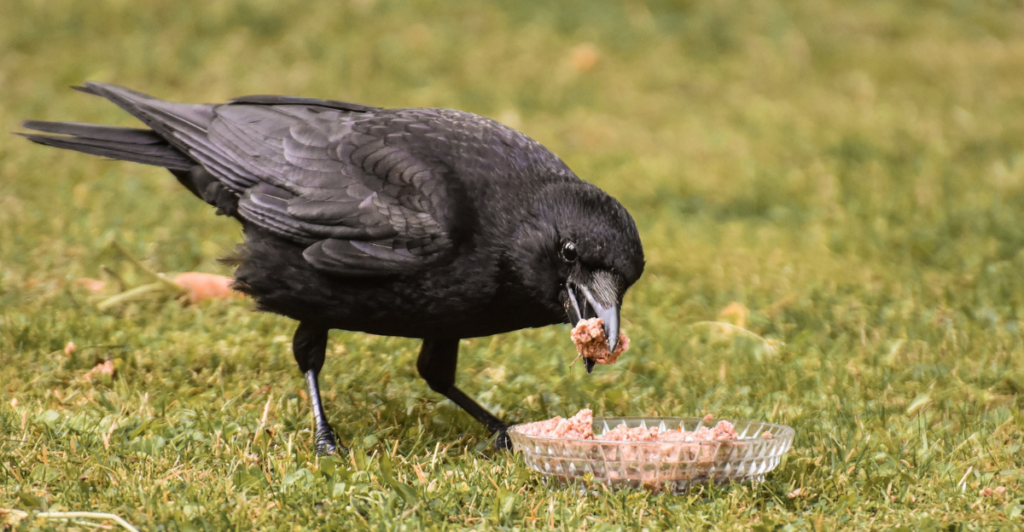
The ethical implications of keeping wild animals as pets should also be considered. Capturing a crow disrupts its natural life and can cause the bird to suffer. Even rescued crows can be better cared for in a wildlife sanctuary rather than a home that might not be well enough equipped to care for them.
Not The Best Pets
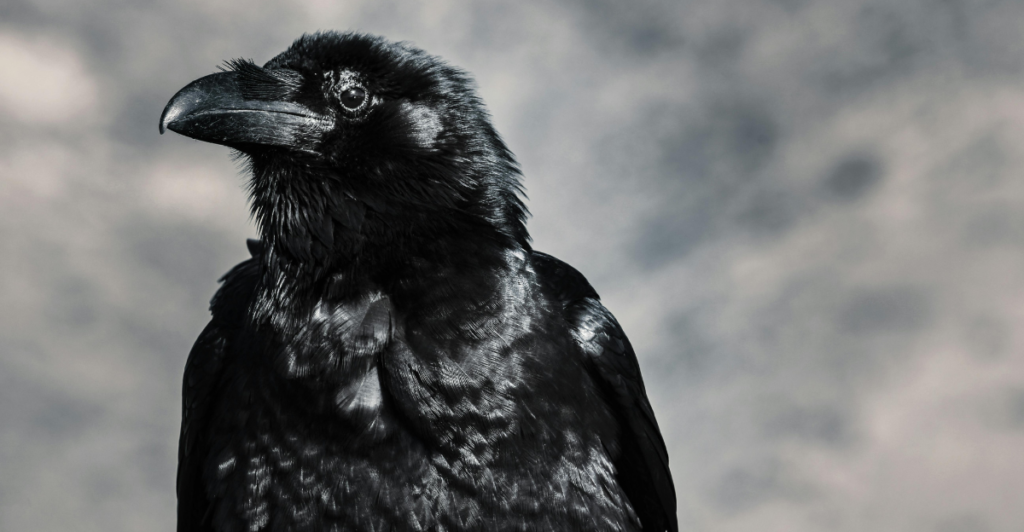
While crows are awe-inspiring animals, they do not make the best pets due to legal restrictions and ethical concerns. Instead, people could enjoy observing these remarkable birds in their natural environment or support wildlife rehabilitation efforts.
Source:
Legal to Keep a Raven as a Pet
Disclaimer: This article was researched and written with the assistance of an AI and edited/fact-checked by a human.
Stay connected with us for more stories like this! Follow us to get the latest updates or hit the Follow button at the top of this article, and let us know what you think by leaving your feedback below. We’d love to hear from you!







